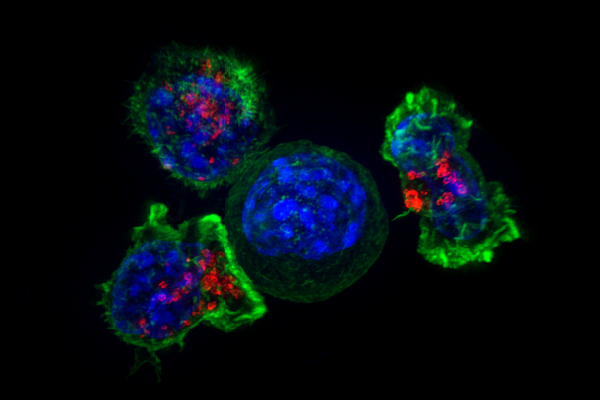Psychological distress may lead to more care and high medical costs for adolescent and young adult cancer survivors

New research indicates that psychological distress from cancer and its treatment can cause many adolescent and young adult (AYA) cancer survivors to seek additional care and burden them with considerable medical expenses. The findings are published by Wiley online in Cancer.
Compared with individuals without a history of cancer, AYA cancer survivors—those who were diagnosed with cancer when they were aged between 15 and 39 years old—are more likely to experience psychological distress, which can be expressed as depression, anxiety, panic attacks, posttraumatic stress disorder, cancer worry, or anger.
To examine the health care use and medical costs associated with psychological distress in AYA cancer survivors, Ola A. Abdelhadi, MBBCh, MPH, Ph.D., of the University of California, Davis, and her colleagues examined data from the 2001–2016 Medical Expenditure Panel Survey for 1,757 AYA cancer survivors and 5,227 adults with no history of cancer.
The prevalence of psychological distress in AYA cancer survivors was two times higher than that observed in adults with no history of cancer (11.5% versus 5.8%). Also, 11.2% of cancer survivors reported distress 20 or more years after being diagnosed.
Survivors with psychological distress were more likely to smoke and have chronic medical conditions, and they were less likely to exercise regularly compared with survivors with no history of psychological distress. Also, females, those with lower income, and unmarried cancer survivors were more likely to have psychological distress than males, those with higher income, and those who were married.
Psychological distress was associated with an additional $4,415 in annual medical expenses in AYA cancer survivors, compared with $1,802 in adults without a history of cancer.
In AYA cancer survivors, those with psychological distress had an average of 2.8 more annual office visits and used an average of 11.58 additional prescription medications or medication refills each year.
"Our study is the first to estimate the additional medical expenses and health care utilization associated with psychological distress in adolescent and young adult cancer survivors," said Dr. Abdelhadi. "Screening to identify those with psychological distress and referring survivors to treatment or interventions can mitigate the impact of psychological distress."
More information: Ola A. Abdelhadi et al, Psychological distress and associated additional medical expenditures in adolescent and young adult cancer survivors, Cancer (2022). DOI: 10.1002/cncr.34064




















